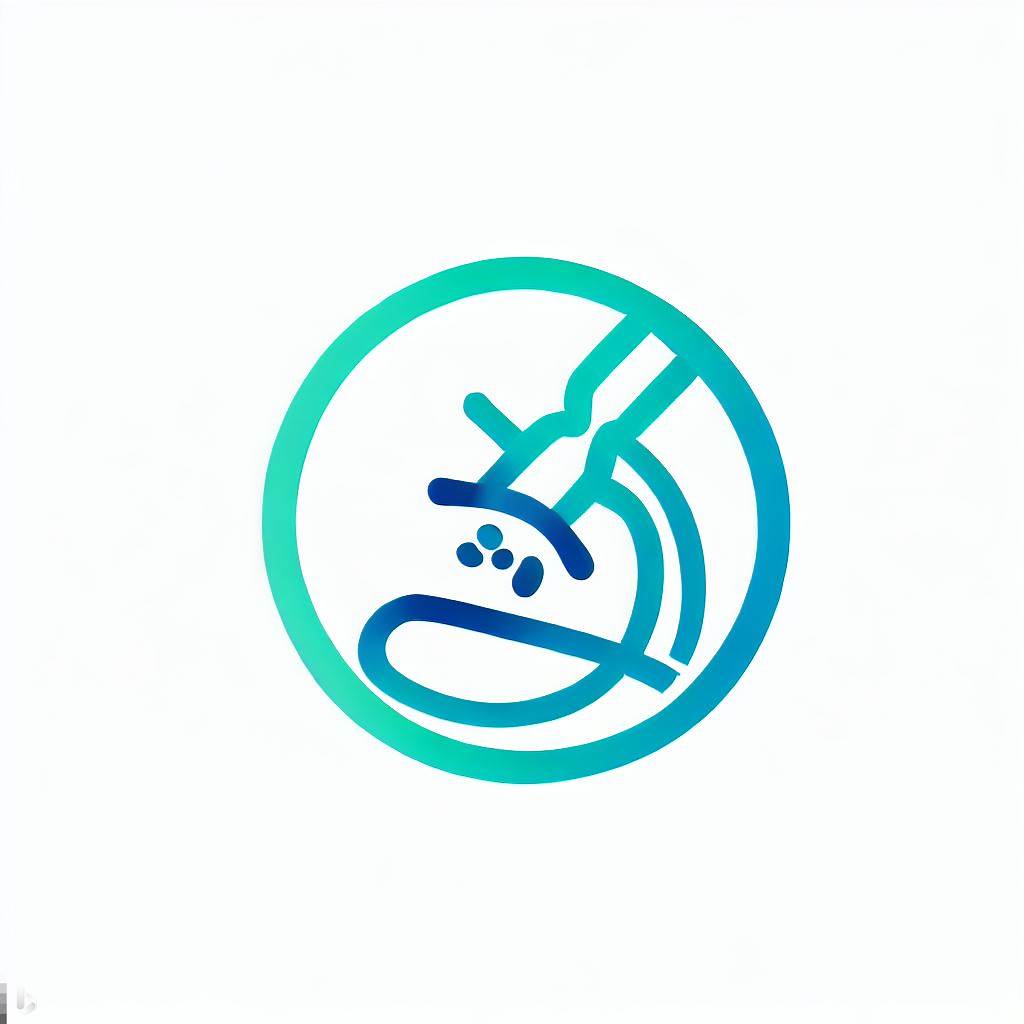Takotsubo cardiomyopathy, often referred to as "broken heart syndrome," is a fascinating and sometimes puzzling cardiac condition that has gained attention in recent years. This article aims to provide a thorough understanding of Takotsubo cardiomyopathy, covering its causes, symptoms, diagnosis, treatment, and frequently asked questions.
Takotsubo Cardiomyopathy
Takotsubo cardiomyopathy is a heart condition that deserves special attention due to its unique nature. This section will delve into the specifics of this condition.
Takotsubo cardiomyopathy, also known as stress-induced cardiomyopathy, is a temporary heart condition that can mimic the symptoms of a heart attack. However, it is not caused by blocked arteries like a typical heart attack but is often triggered by emotional or physical stress.
What Causes Takotsubo Cardiomyopathy?
Understanding the underlying causes of Takotsubo cardiomyopathy is crucial for managing and preventing this condition.
Takotsubo cardiomyopathy is primarily triggered by intense stress, such as the loss of a loved one, a traumatic event, or a sudden illness. While the exact mechanism is not fully understood, it is believed that a surge of stress hormones, like adrenaline, can stun the heart, causing it to temporarily weaken and disrupt its normal pumping function.
Recognizing the Symptoms
Recognizing the symptoms of Takotsubo cardiomyopathy is vital for prompt diagnosis and treatment. Let's explore the common signs of this condition.
Chest Pain: Similar to a heart attack, individuals with Takotsubo cardiomyopathy may experience severe chest pain or discomfort.
Shortness of Breath: Difficulty in breathing is a common symptom, often accompanied by chest pain.
Irregular Heartbeat: Patients may notice irregular heartbeats, also known as arrhythmias.
Fatigue: Sudden fatigue or weakness can be another indicator of this condition.
How is Takotsubo Cardiomyopathy Diagnosed?
Diagnosing Takotsubo cardiomyopathy involves a series of medical evaluations and tests.
Medical History: A detailed medical history, including recent stressors, is essential for diagnosis.
Physical Examination: A thorough physical examination is performed to check for any abnormal heart sounds or signs.
Electrocardiogram (ECG): An ECG helps identify irregularities in the heart's electrical activity.
Echocardiogram: This test uses sound waves to create images of the heart, showing its shape and movement.
Blood Tests: Blood tests can rule out other cardiac conditions by measuring specific enzymes and proteins.
Treatment Options for Takotsubo Cardiomyopathy
The good news is that Takotsubo cardiomyopathy is usually reversible and manageable with the right treatment approach. Here's what you need to know about the available treatment options.
Supportive Care: Initially, patients may require supportive care, including medications to reduce the workload on the heart.
Stress Management: Addressing the underlying stressors through therapy or counseling can be a crucial part of treatment.
Beta-Blockers: These medications help regulate heart rhythm and reduce the risk of arrhythmias.
Angiotensin-Converting Enzyme (ACE) Inhibitors: ACE inhibitors can help improve heart function.
Frequently Asked Questions
What is the main difference between Takotsubo cardiomyopathy and a heart attack?
While both conditions share similar symptoms, Takotsubo cardiomyopathy is not caused by blocked arteries, which is the primary cause of a heart attack. Instead, it is triggered by severe stress.
Is Takotsubo cardiomyopathy permanent?
No, Takotsubo cardiomyopathy is usually temporary, and with proper treatment and stress management, the heart typically recovers within weeks to months.
Can emotional stress really cause heart problems?
Yes, intense emotional stress can have a profound impact on the heart, potentially leading to Takotsubo cardiomyopathy or other heart-related issues.
Are there any long-term effects of Takotsubo cardiomyopathy?
In most cases, there are no long-term effects once the heart recovers. However, it's essential to manage stress to prevent future episodes.
Who is at risk of developing Takotsubo cardiomyopathy?
Anyone can develop Takotsubo cardiomyopathy, but it is more commonly observed in post



